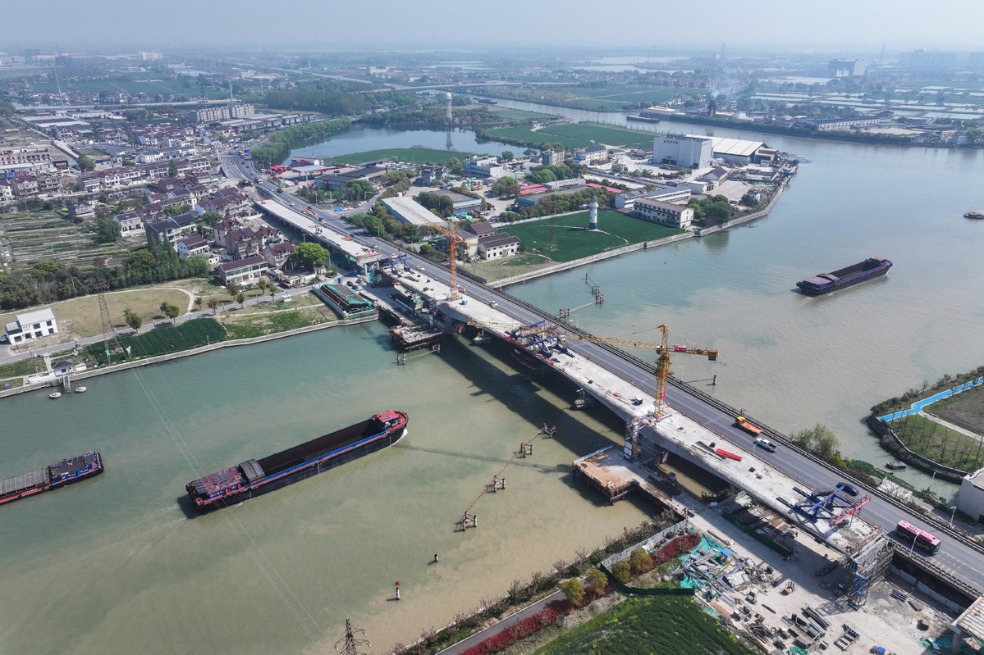Mobile hospitals help patients regain vision
Lifeline Express trains provide free cataract surgeries at home and abroad

Lifeline Express, a project that converts trains into mobile hospitals for cataract operations, has provided free surgeries for 240,000 patients in 28 provincial-level regions across China, as well as more than 4,300 operations in seven neighboring countries over the past 28 years, the project operator said on Wednesday.
The project was launched in 1997 as a gift from the people of Hong Kong to commemorate the city's return to the motherland. It aims to help cataract patients living in remote and less-developed regions regain their eyesight, according to the Chinese Foundation for Lifeline Express.
The foundation said the rate of visual improvement after surgery is 99 percent, with a significantly lower incidence of severe complications compared to the average. The cost of a single-eye operation has also been maintained at around 2,500 yuan ($341).
Over the past 28 years, the fleet of trains has expanded to four, and the number of hospitals dispatching volunteer doctors has grown to 33, said Wang Hesheng, the newly elected chairman of the foundation and former deputy director of the National Health Commission, during an event in Beijing.
The project has also donated 96 ophthalmology centers in 24 provincial-level regions and trained more than 340 grassroots ophthalmologists in cataract surgical techniques, he said.
Since 2016, the project has increased its efforts in countries involved in the Belt and Road Initiative, carrying out 4,360 cataract surgeries for patients in Uzbekistan and six other neighboring countries. It has also donated blindness prevention cooperation centers in four member states of the Shanghai Cooperation Organization.
Wang said that this year, the foundation will strive to provide more flexible and efficient healthcare services, combining the advantages of hospital trains and mobile medical teams to reach remote areas.
Zhang Xuegao, vice-chairman of the foundation, said the project is expected to dispatch two trains to six cities in the provinces of Shandong, Shanxi, Hebei, Henan and Sichuan, offering free surgeries for 6,000 patients this year.
The foundation will also send mobile medical teams to five cities and evaluate the condition of two newly built eye care centers, bringing the total number of donated ophthalmology facilities to 98.
Zhang added that two more blindness prevention centers will be established in Nepal and Tajikistan this year, adding to the existing facilities overseas in Uzbekistan and Kyrgyzstan.
The project will deploy its international team to Uzbekistan, Tajikistan and Kyrgyzstan from May to October for demonstration surgeries and academic exchanges. Foreign ophthalmologists from these three countries, as well as Nepal, will also be invited to China in the second half of the year to improve their skills.
As China has recently stepped up efforts to boost cataract surgical capabilities in county-level hospitals, Health Minister Lei Haichao encouraged the project to deepen cooperation with less-developed regions. He emphasized supporting the launch of eye care centers in counties with populations of less than 300,000, upgrading medical equipment and offering training for local medical personnel.
Lei also suggested exploring the potential of providing on-site medical services via road vehicles and offering online medical consultations, as well as strengthening cooperation with Belt and Road countries in preventing and treating blindness.
wangxiaoyu@chinadaily.com.cn



































